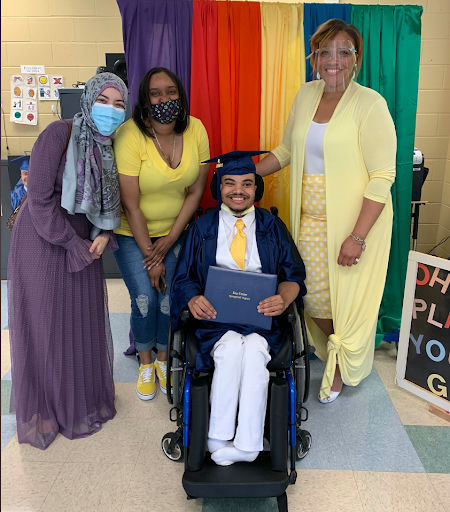Our Work
In collaboration with her colleagues, Abrar has championed many important measures to assist with the academic, socio-emotional, and access needs of the families she represents. Below are only a few of the successes she has been working to deliver.
We promised and delivered.
January 2020
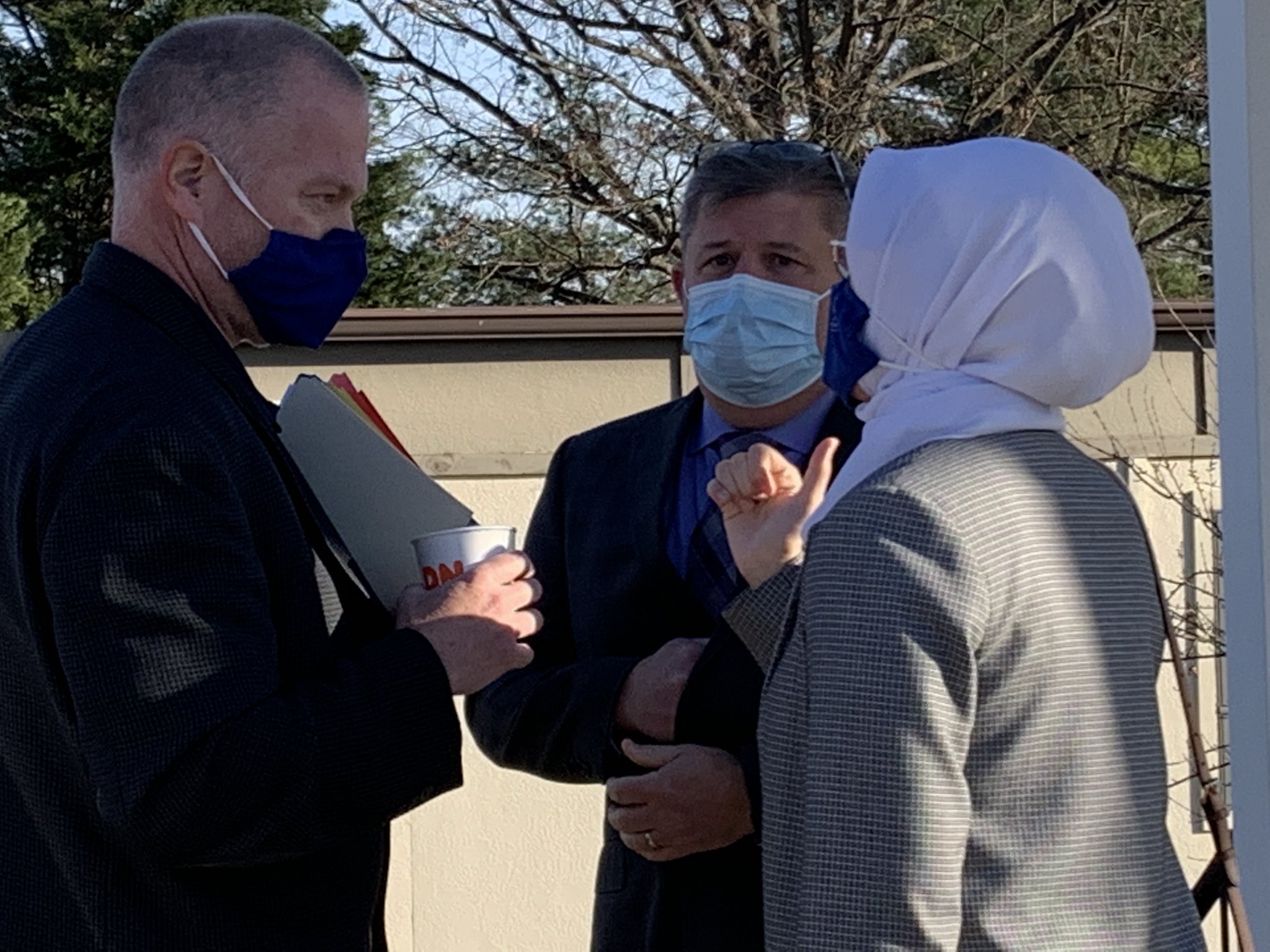
We built on existing expertise by inviting all 198 Fairfax County Public Schools Principals to one-on-one meetings to learn more about each of our schools' unique strengths and needs, connecting with them one-by-one.
March 2020
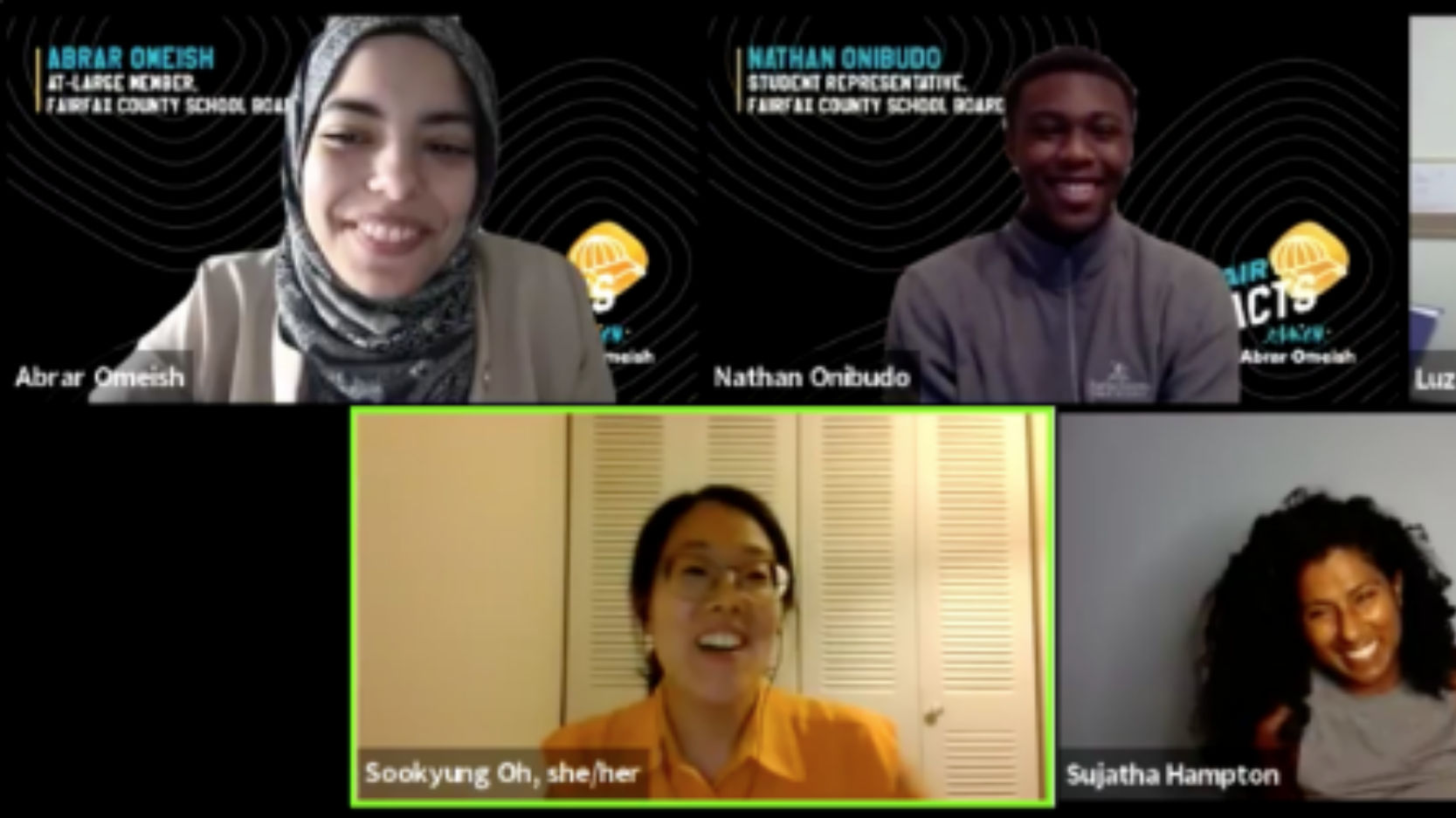
We stayed connected by hosting over 40 virtual community events in the first few months. These have been ongoing and have served thousands so far. Catch our most recent "FairFACTs" LiveStreams on our Facebook page!
April 2020
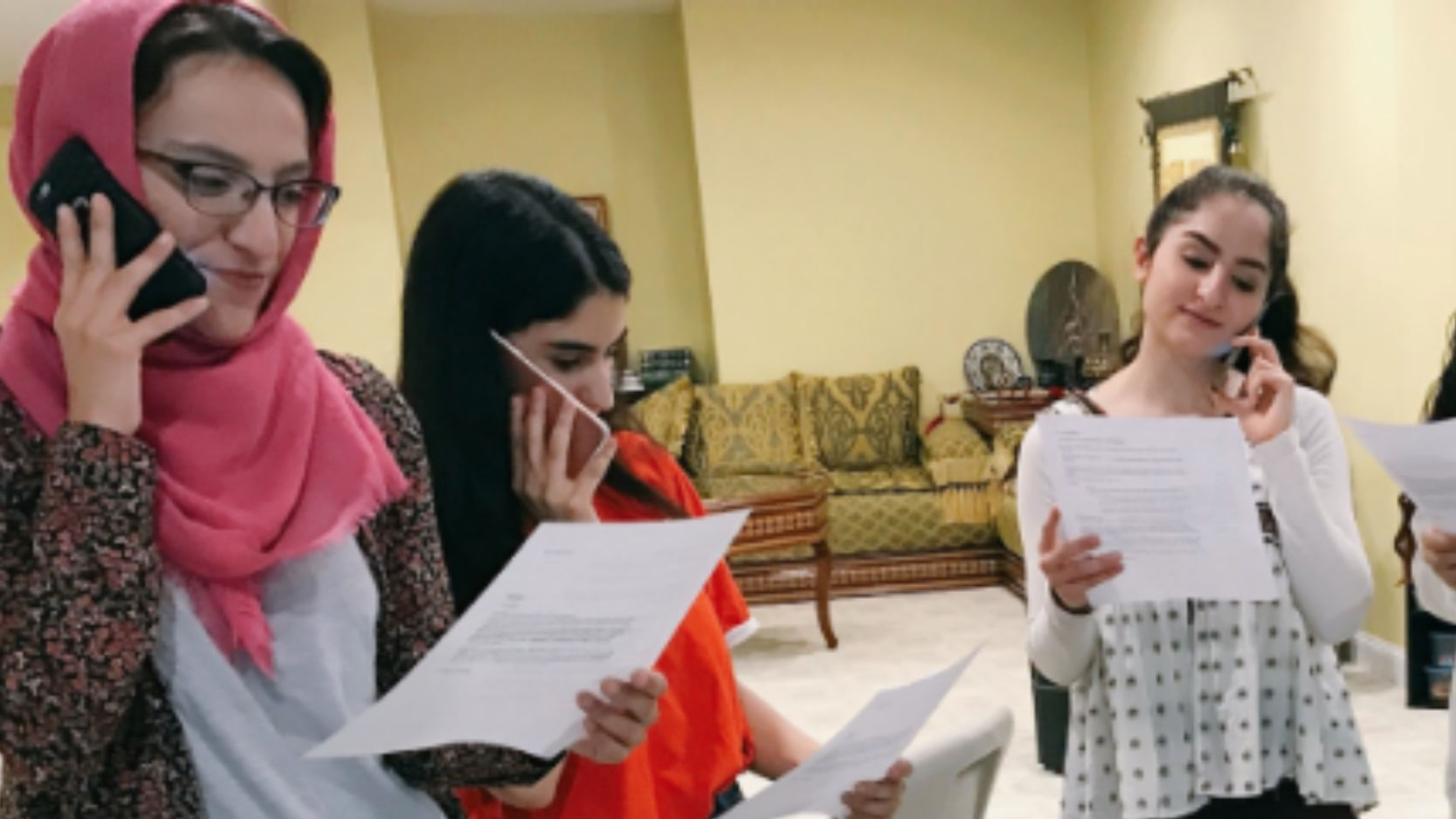
We supported families by ensuring that the newly launched Parent Information Phone Lines were available in eight critical Fairfax languages.
May 2020
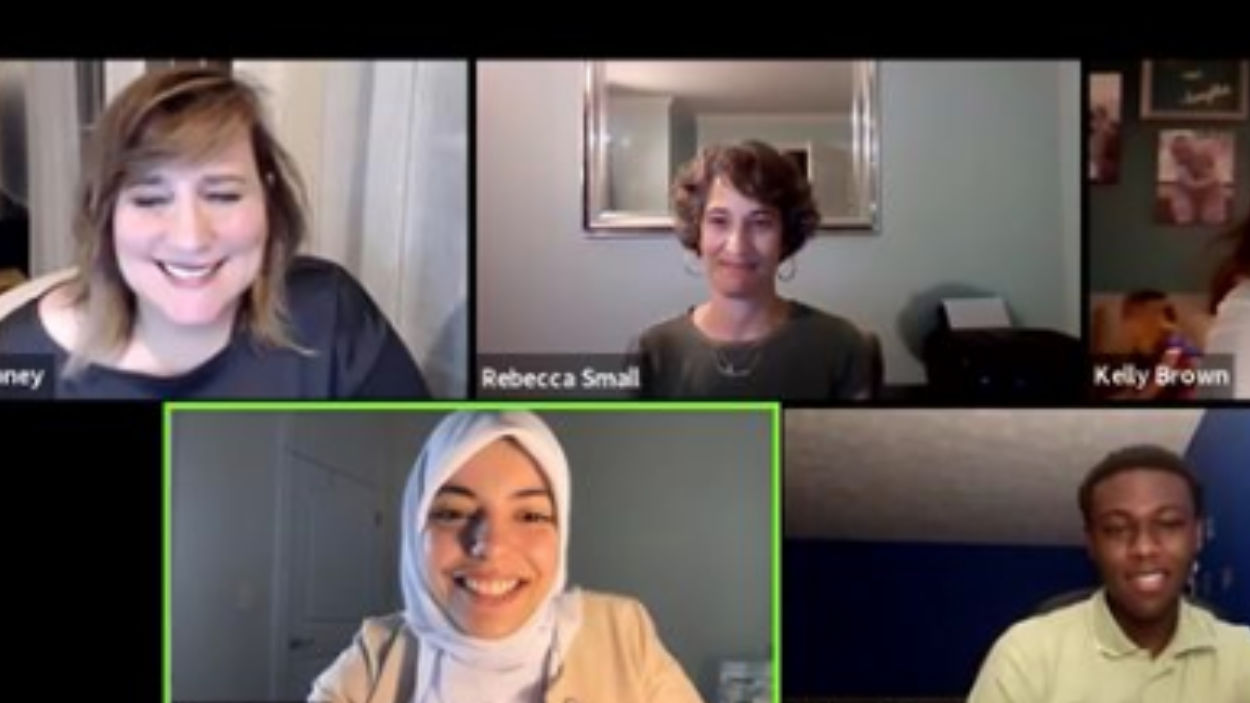
We secured funding for essential programs and supports like Social Emotional Learning resources, ESOL Summer Schooling, and more school social workers, psychologists, and counselors.
June 2020
We supported student organizing and advocacy to prioritize lower-income families and consolidate a county-wide database of resources and supports through the initiative ASAP: Advancing Student Accessibility Project.
July & October 2020
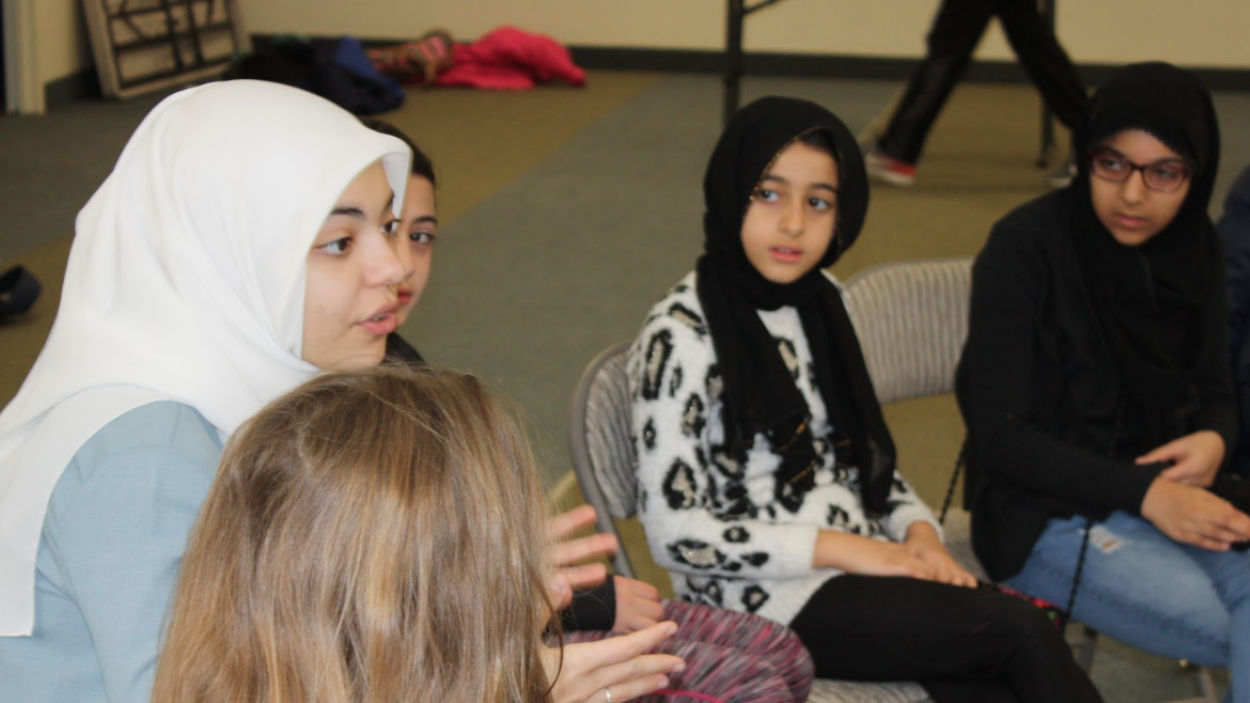
We put an end to the racist legacy of Confederate-named schools in our community by renaming Robert E. Lee High School and Mosby Woods Elementary School to John R. Lewis High School and Mosaic Elementary School, respectively.
July 2020
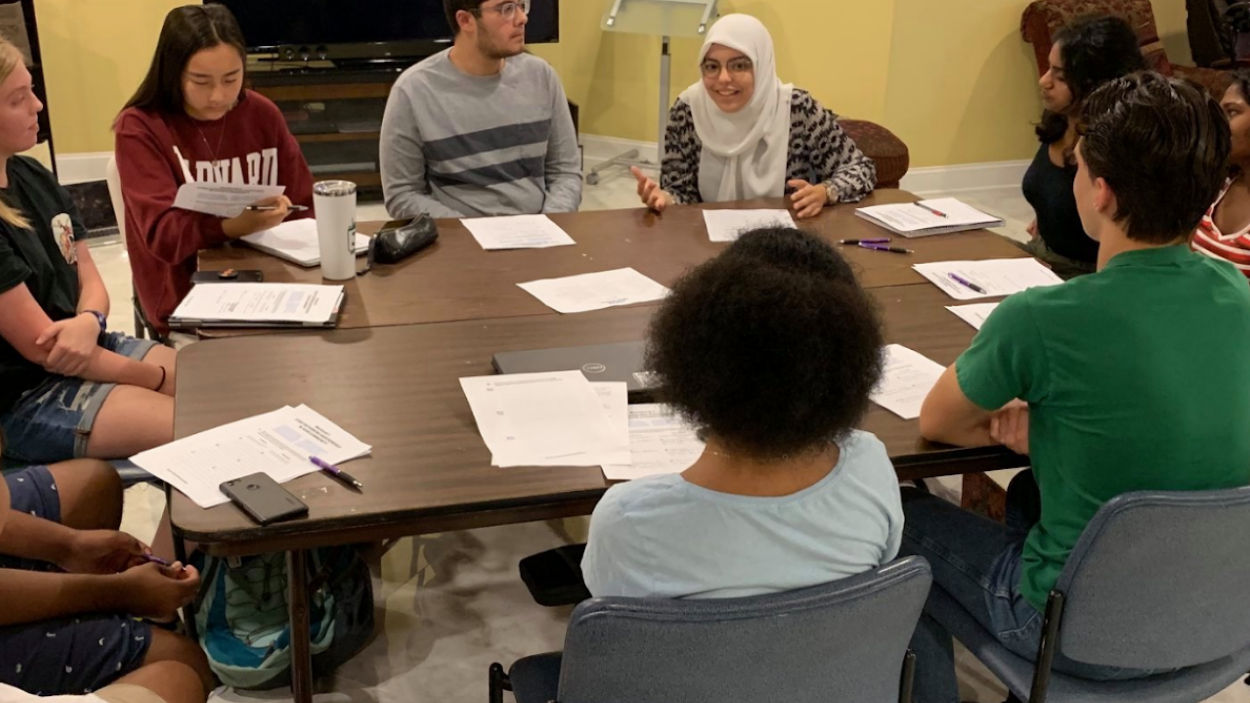
We also moved to formally recognize religious and cultural holiday observances, Indigenous People’s Day, and Juneteenth.
July 2020
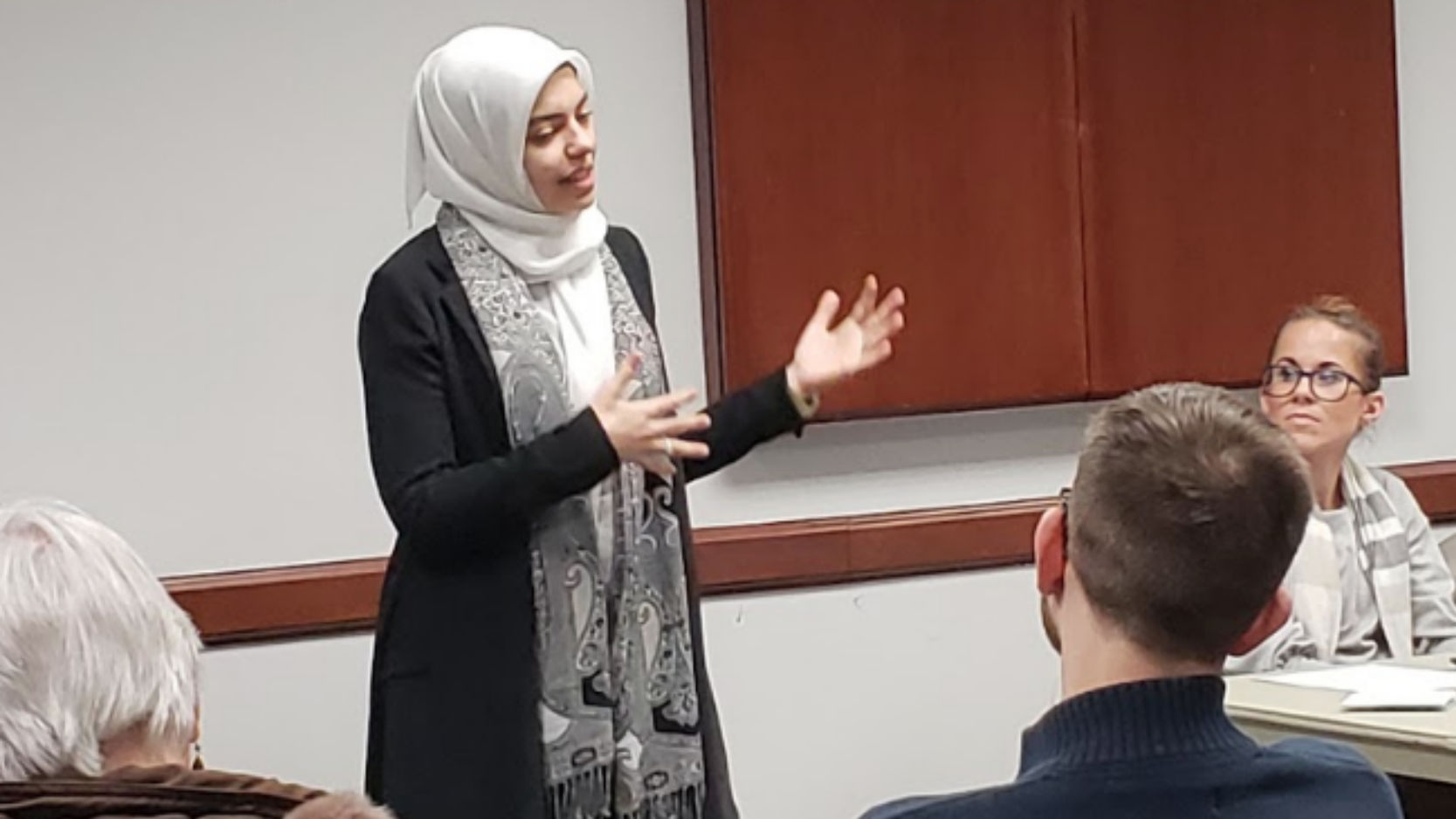
We revised our Students Rights and Responsibilities policies to increase transparency in discipline reporting.
September 2020
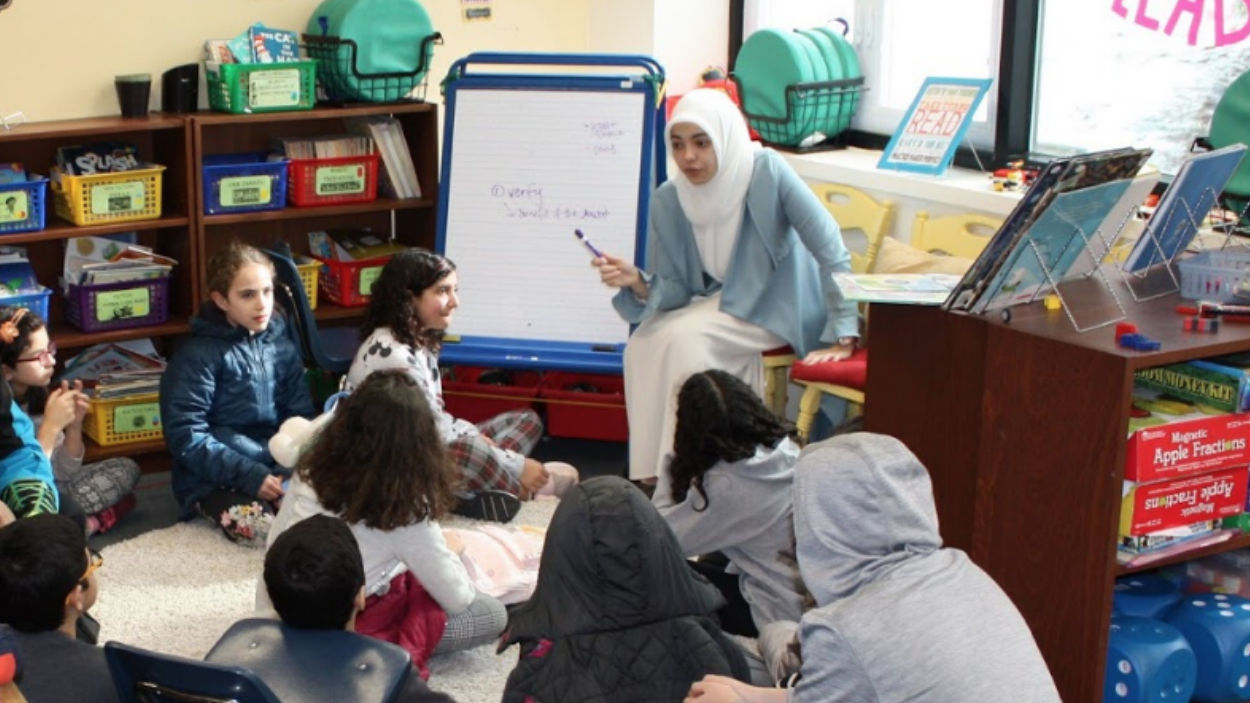
We engaged with the Instructional Services Department to undergo an anti-bias and anti-racist review and update of our current curriculum and resources.
October 2020
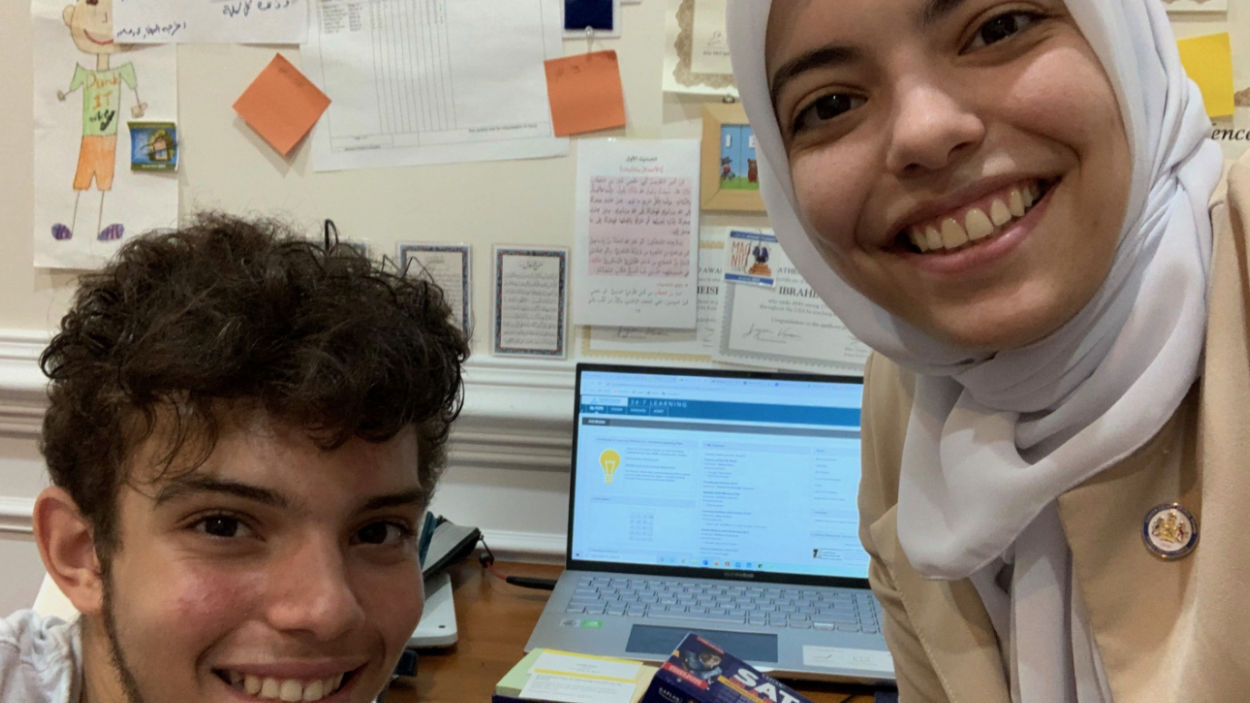
We secured funding to replace teacher laptops and to provide new laptops for all third, fourth, and fifth graders. In March 2020, we ensured all middle and high school students had the technology they needed to support their virtual learning.
November 2020
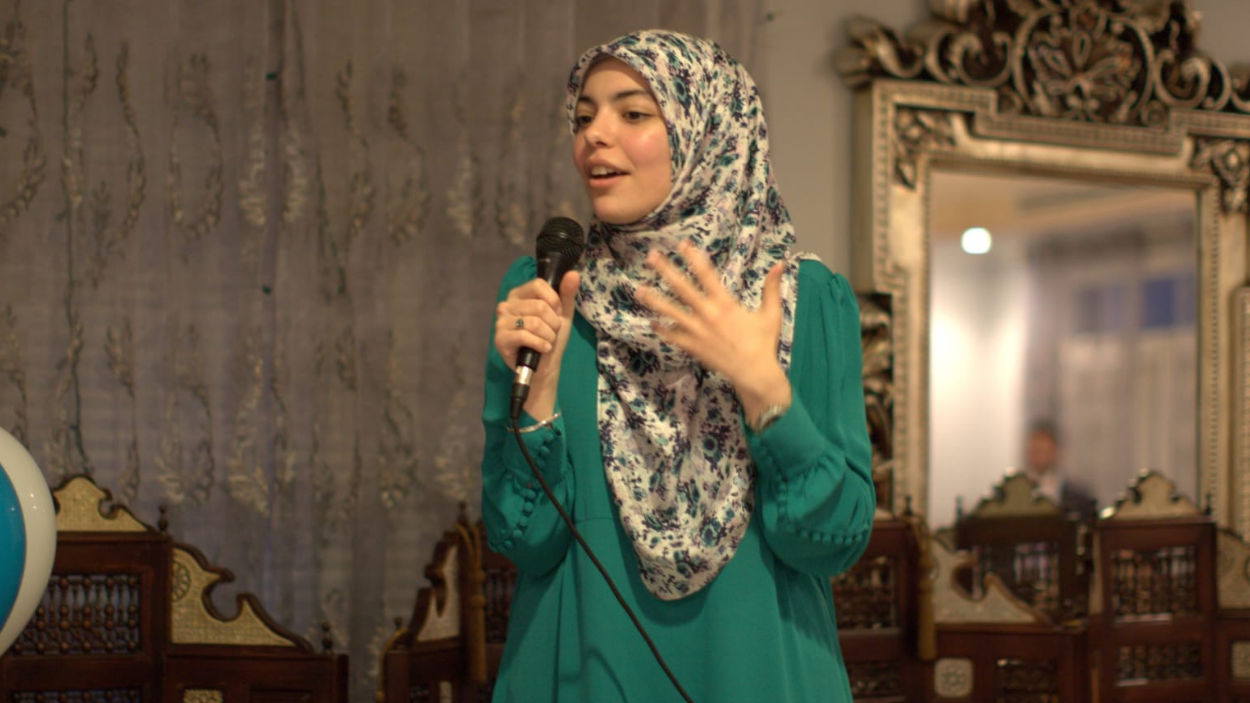
We advocated to both the Virginia General Assembly and the U.S. Congress about prioritizing Environmental Sustainability projects, Early Childhood Education policy, and English Language Learner programming. More information can be found here: FCPS legislative advocacy
December 2020
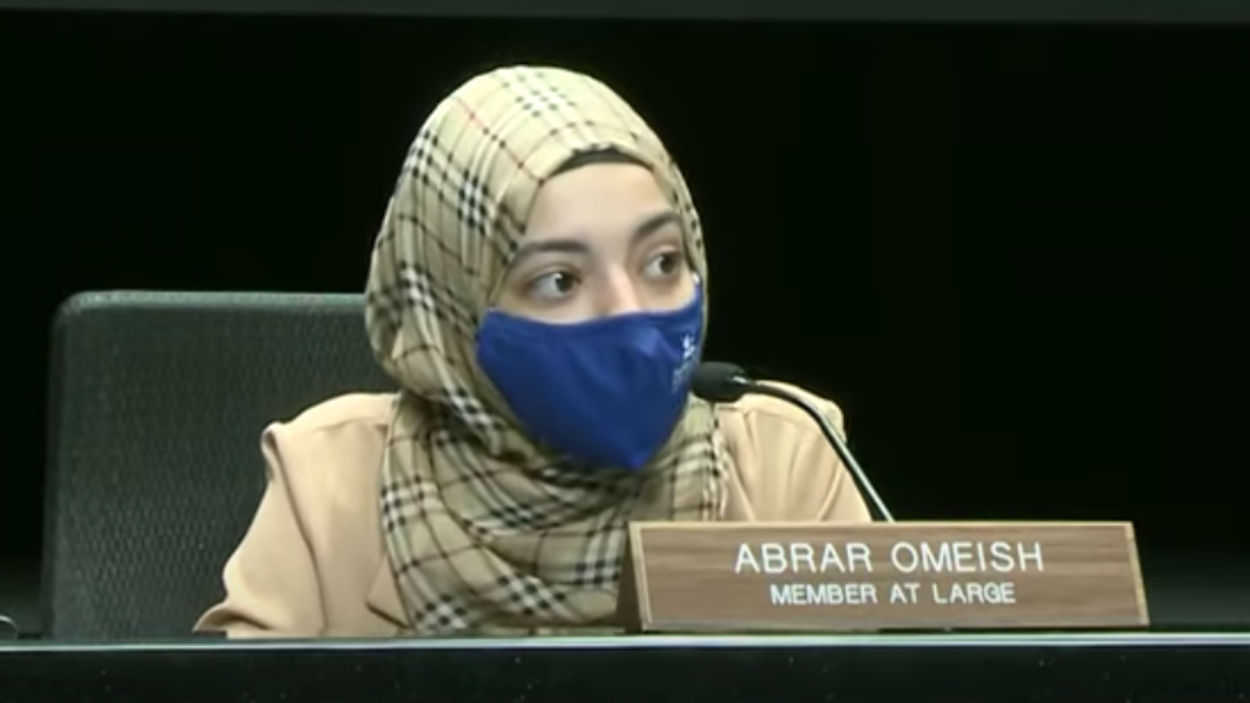
We moved to pass an “opt-out” model of assessing students for admission to Thomas Jefferson High School for Science and Technology, thereby increasing opportunity for all students with passions in STEM. We also moved the screening process from central office to schools to enhance access.
December 2020
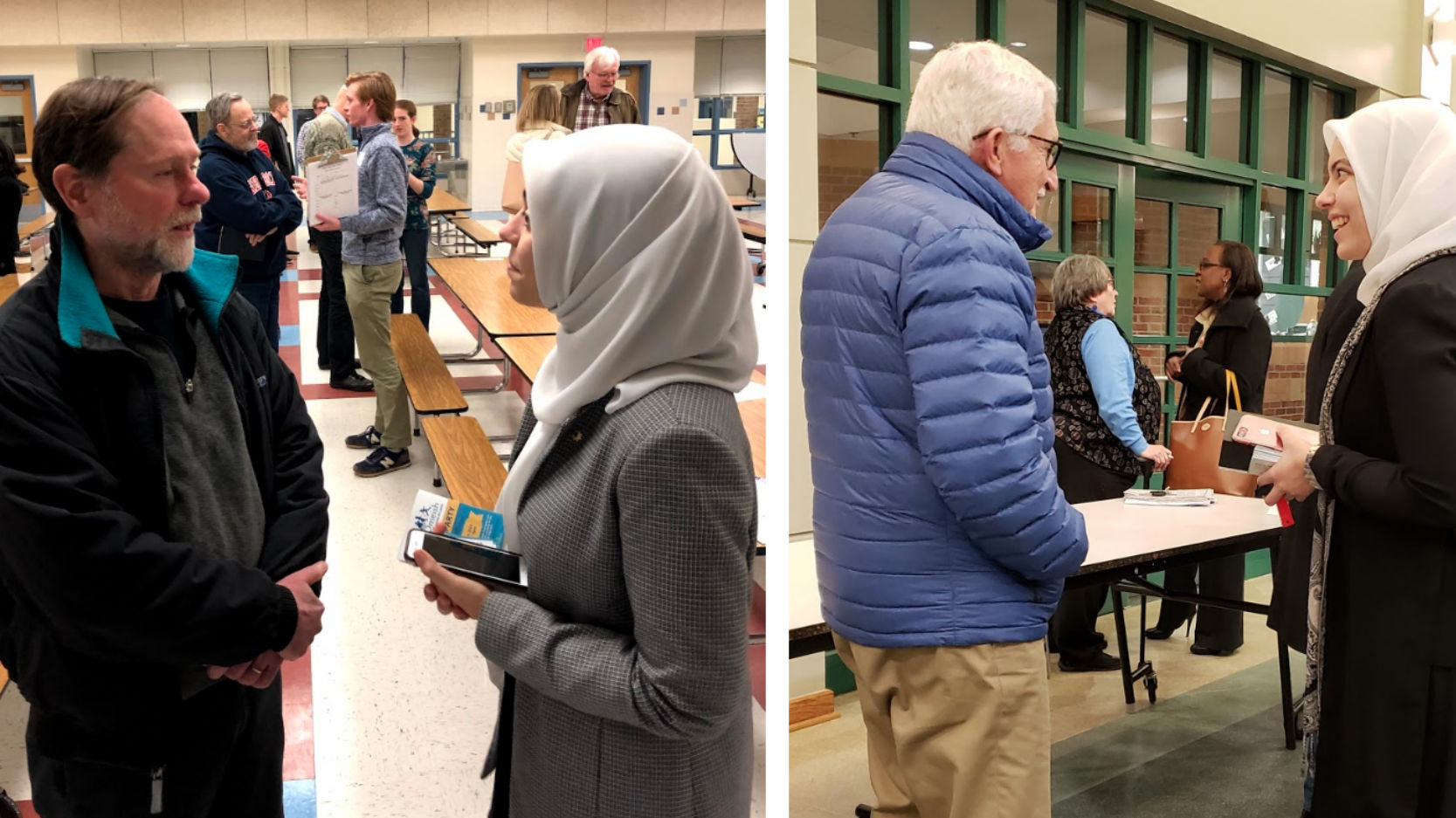
We eliminated the disciplinary use of seclusion in all our schools and we committed to implementing positive behavioral interventions and support strategies to prevent the need for the use of physical restraint.
December 2020
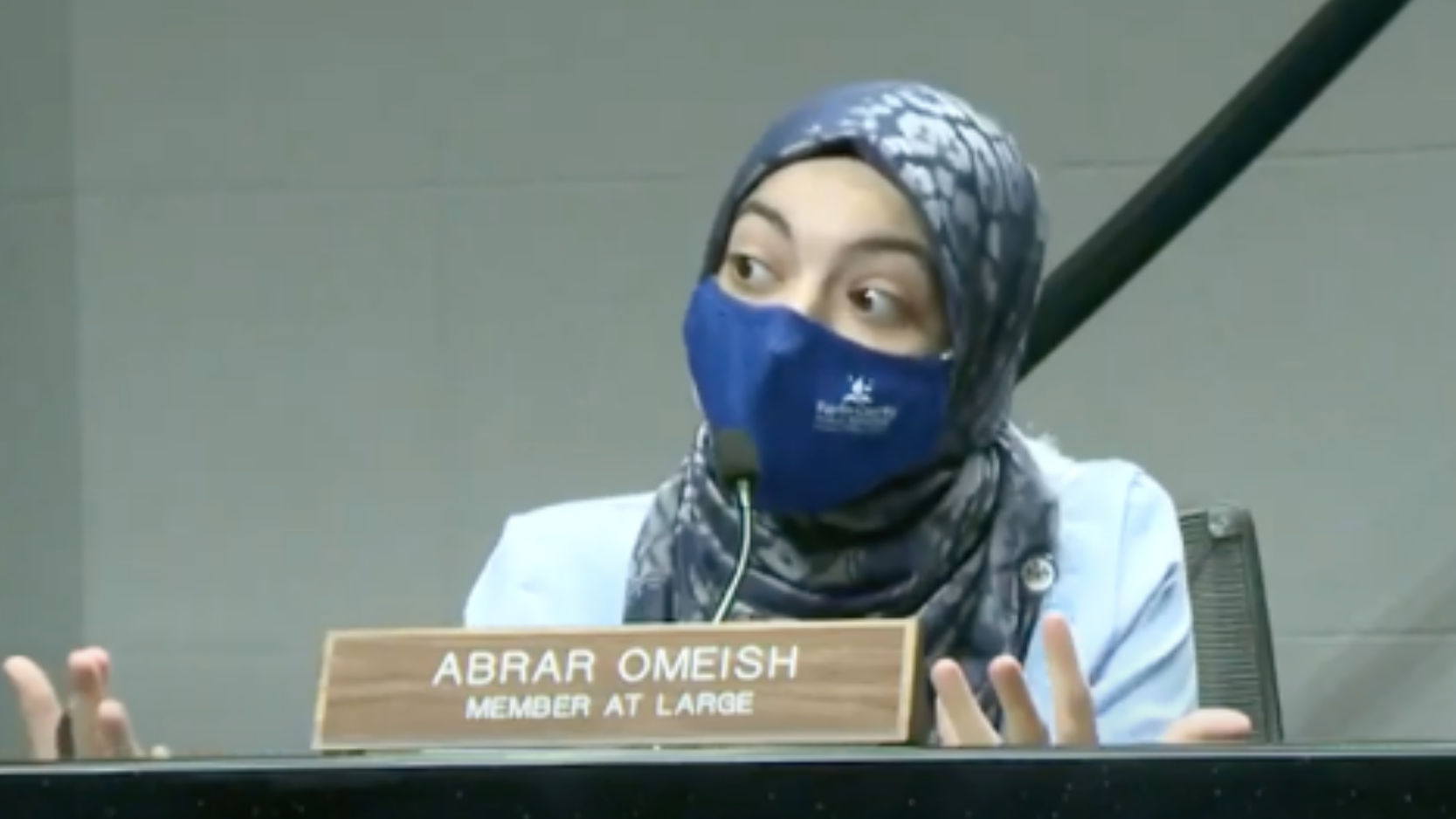
We reviewed our Advanced Academic Placement admissions procedures to ensure opportunity and access for all of our diverse students. We brought forth a motion to adopt national best practices.
January 2021
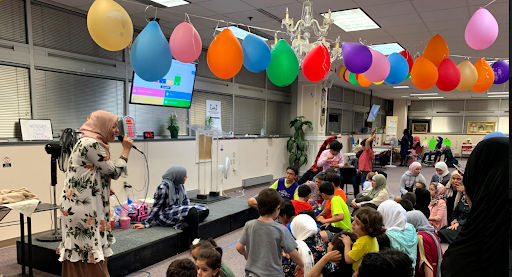
We formed a student climate justice working group and partnered with curriculum staff to bring forth ideas that would transform environmental curriculum locally.
February 2021
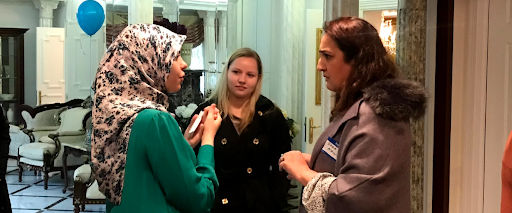
We voted to move forward with a solar program. This will reduce our greenhouse gas emissions & electricity costs. We continue to advocate for expansions on the state level.
May 2021
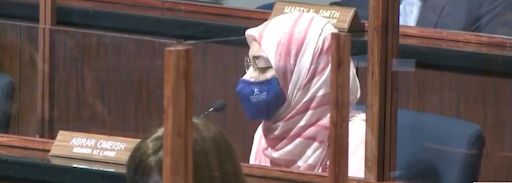
We shifted the community conversation by exposing budget deficiencies in best practice staffing ratios for school psychologists, school nurses, social workers, reading/math specialists, parent liaisons, and counselors. More work in this area is needed and continues.
October 2021

We assembled a mental health working group of high school students from across the county. After months of research and collaboration with staff, we secured a division commitment to incorporate tele-mental health plans in the budget. See slide 16 of the 2022 Budget Priorities.
January 2022
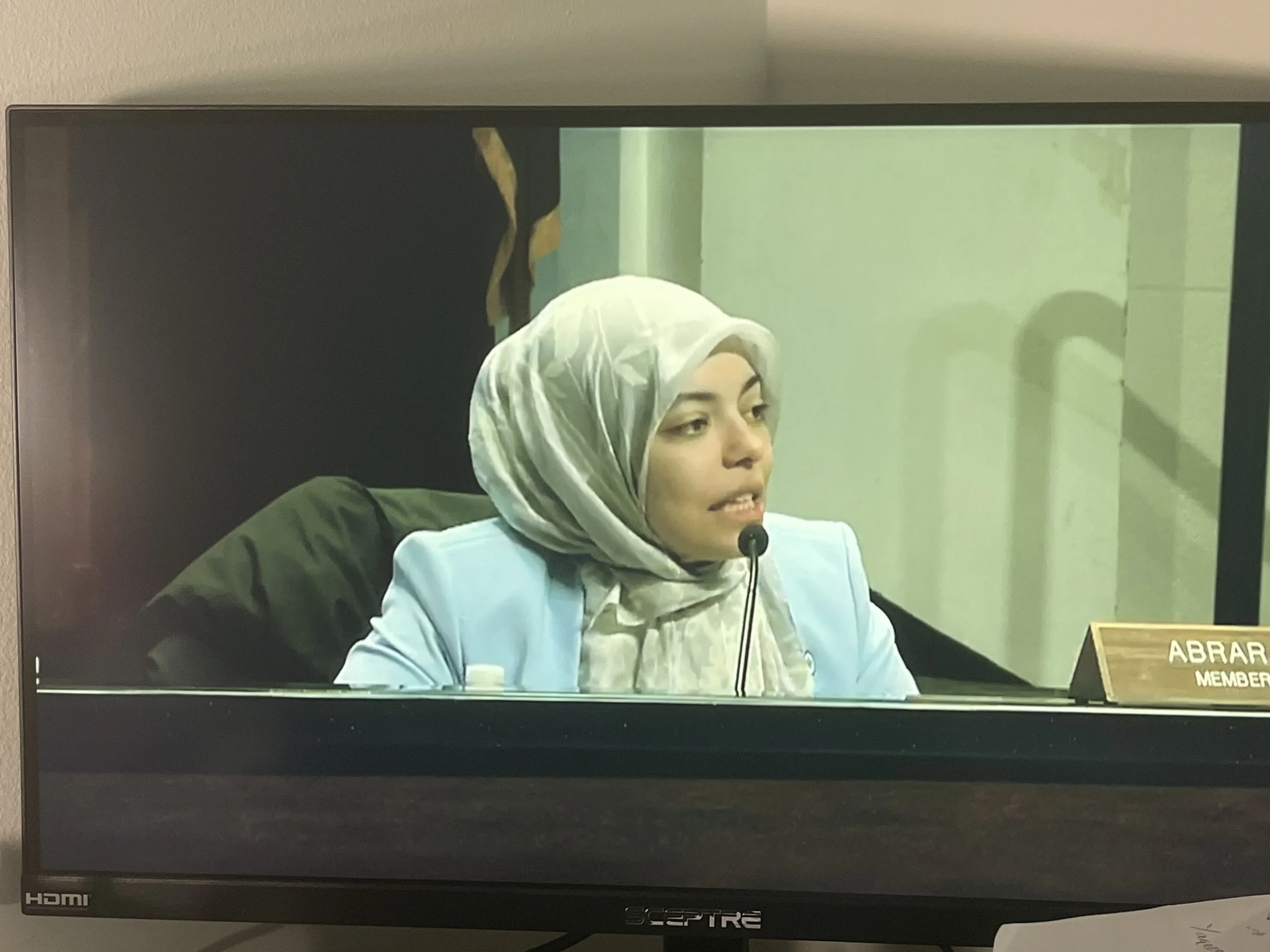
We organized a coalition of faith and community partners to advance, for the first time ever in Fairfax County history, a calendar that reflects the diverse needs of our community. This calendar included enhanced academic days, professional development and planning time for staff, as well as new holidays like Eid, Yom Kippur, Diwali, and Veterans Day. It also included Observance "O" days to avoid any major activities or lectures on other community holidays.
April 2022
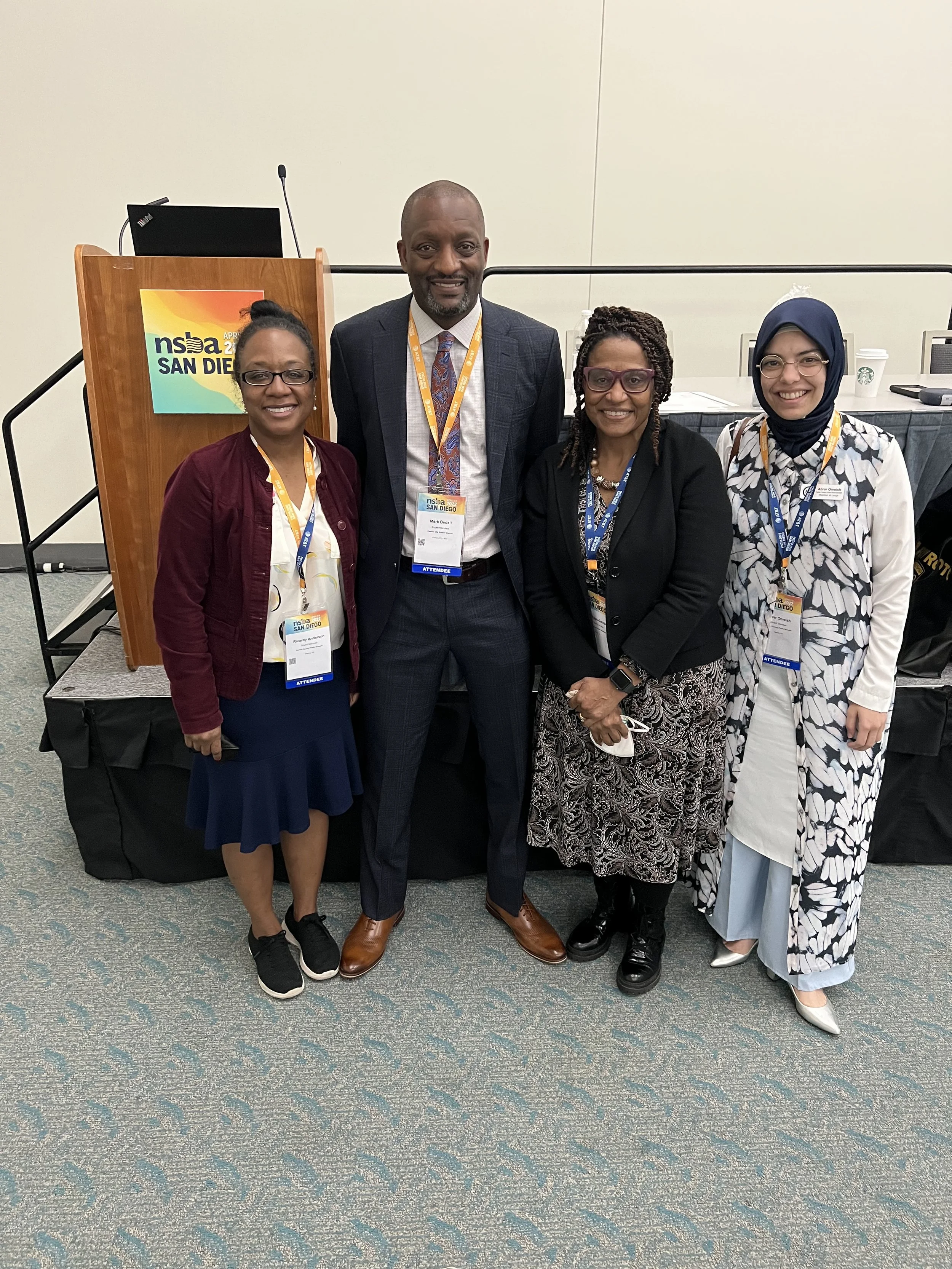
We advocated to modify the pending Trust Policy to ensure undocumented families are protected and not misled into a false sense of security before our system is ready. We also worked as a team to enact Middle School recess.
March 2021
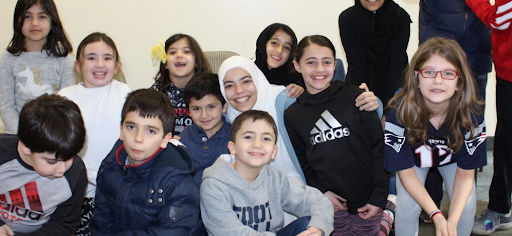
We ensured the inclusion and use of student success data on both achievement and mental health within our COVID response accountability metrics, demanding inclusion of a fourth factor in staff planning.
July 2021

We worked with the Auditor General to enhance accountability, oversight, and fiscal responsibility around federal COVID relief dollars by initiating an audit of ESSER money disbursed at the school level. This will continue for the months ahead.
November 2021
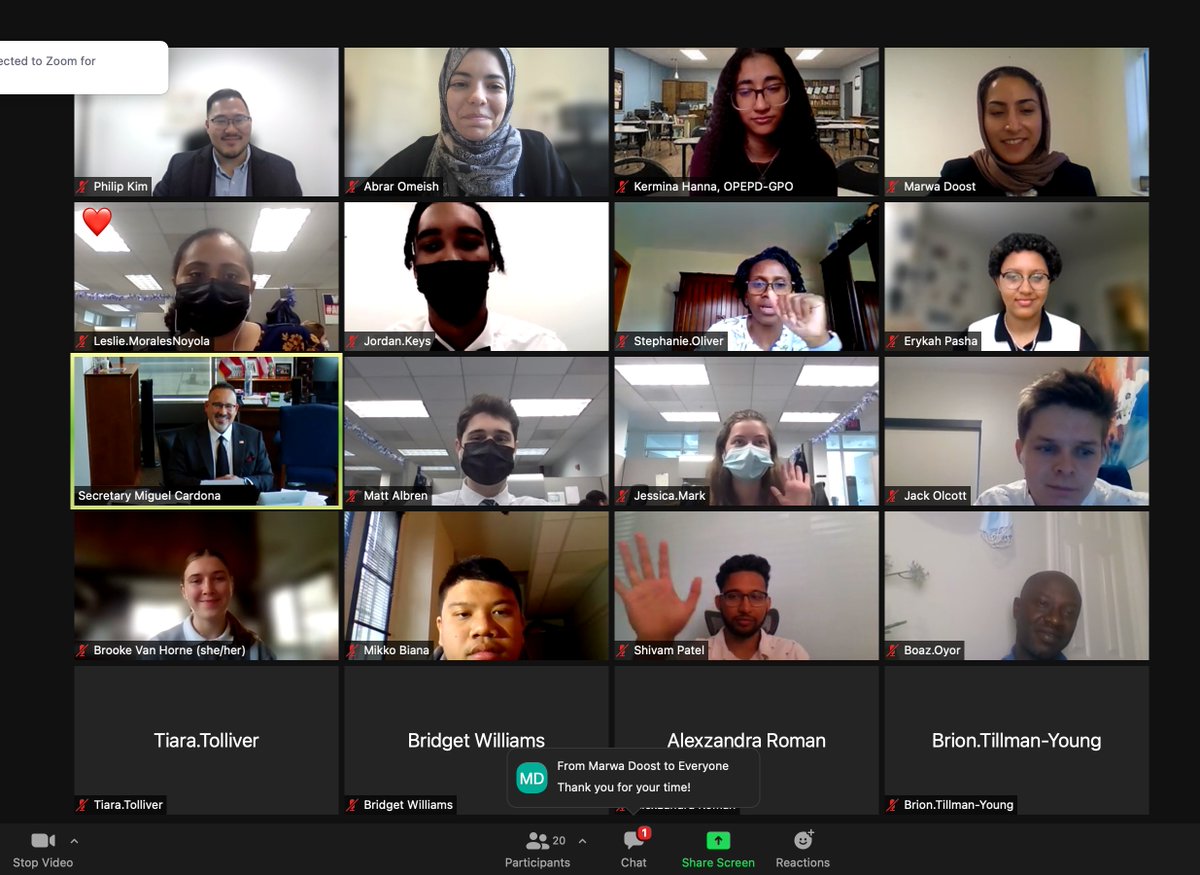
As part of negotiations to reach compromise in work of the Public Engagement Committee, we introduced bi-annual public hearings that allow community members to bring forth concerns about any topic without limits for the first time ever.
February 2022
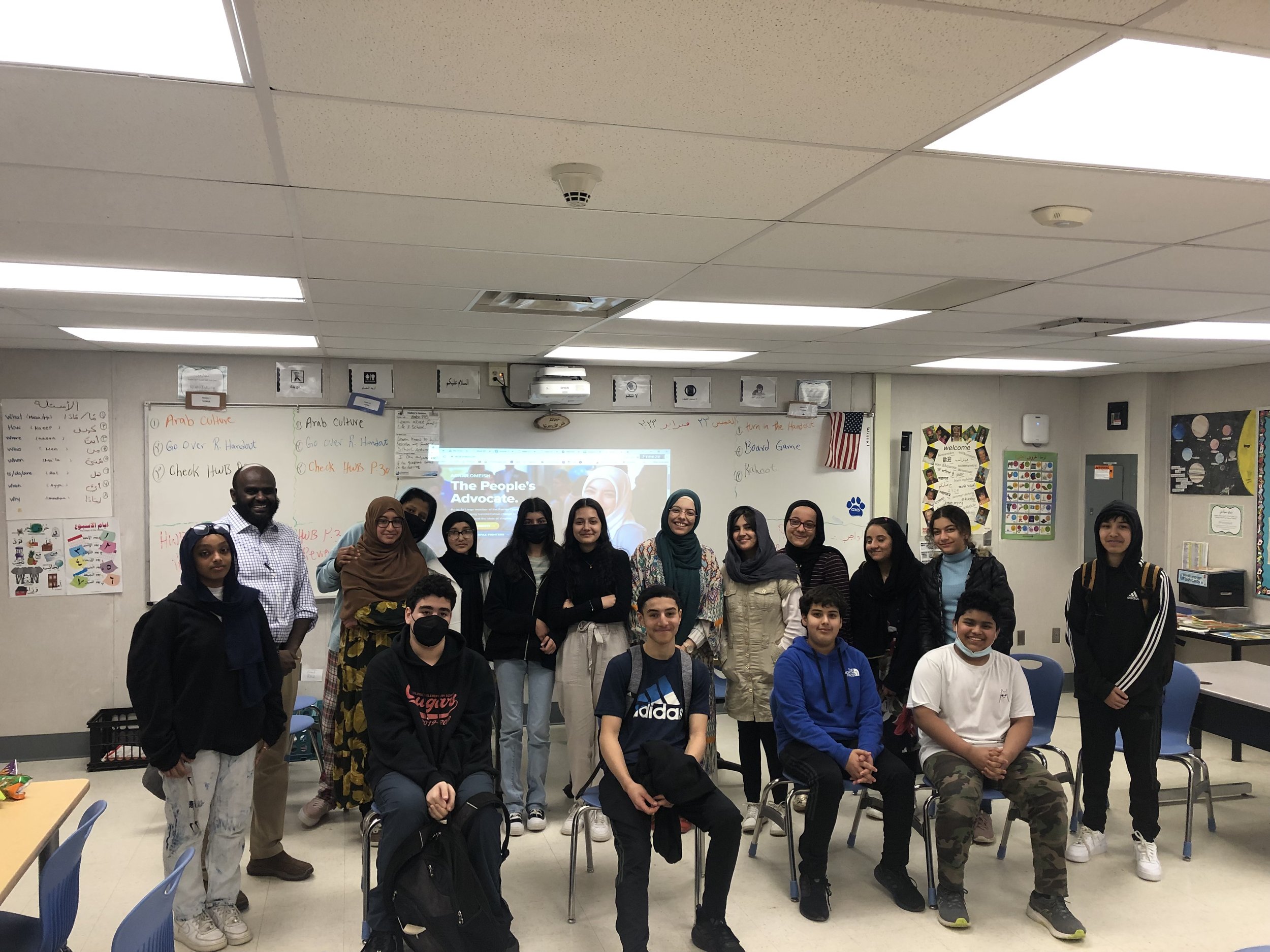
We brought forward a bold resolution
Honoring Public Schools
to insist that kids must come first. We made it clear that despite the political and personal attacks, we are committed to speaking up to defend all students, support our educators, and have all of their backs.
April 2021
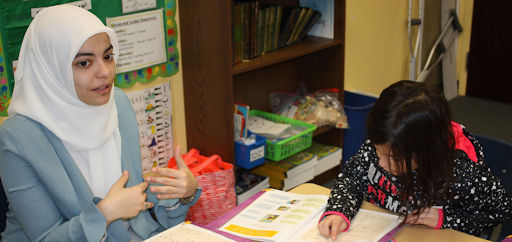
We made sure all of our school staff had appropriate religious accommodations and were able to take leave on religious/cultural observance days without burdensome procedures or supervisory discretion.
September 2021

We heard the call from our bus drivers and put forth a motion to retroactively correct the disparity in their pay bonuses. We made the case for its importance in recruitment and retention amidst shortages and were recognized by educators and unions as the only ones to do so.
December 2021

We partnered with staff and community to codify, for the first time ever, documentation of inclusive spaces in each of our schools to include prayer/reflection spaces, gender-neutral/single-use restrooms, sensory/deescalation spaces, and lactation rooms. See page 241 of the 2022 Capital Improvement Plan.
March 2022
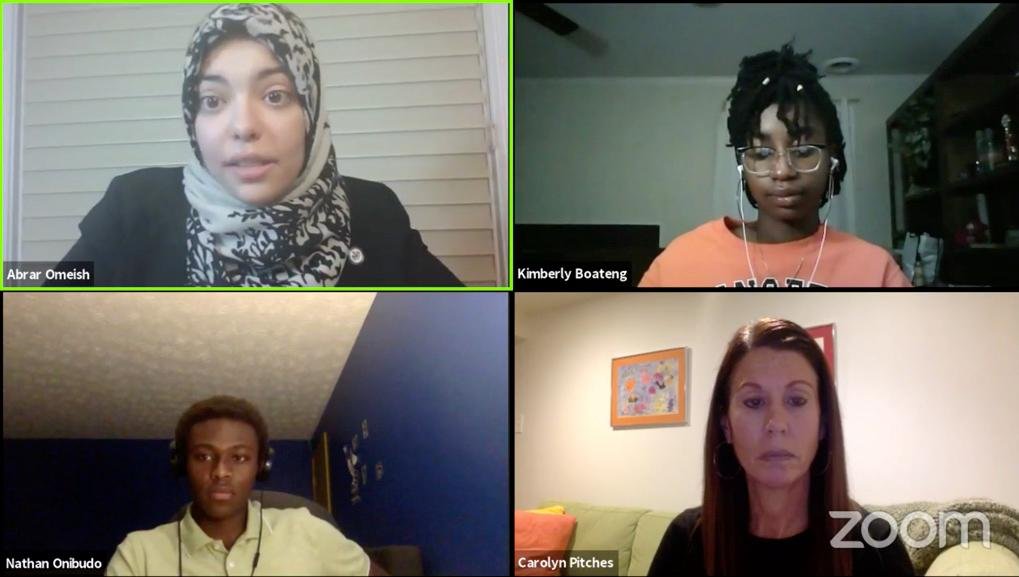
Through the Comprehensive Planning Development Committee and liaising with the Fairfax County Planning Commission, we worked with staff to redesign community outreach protocols to employ tools that ensure breadth and depth across languages, literacy, and disability/access levels on any divisionwide initiative in the future, starting with facilities decisions and the superintendent search.


